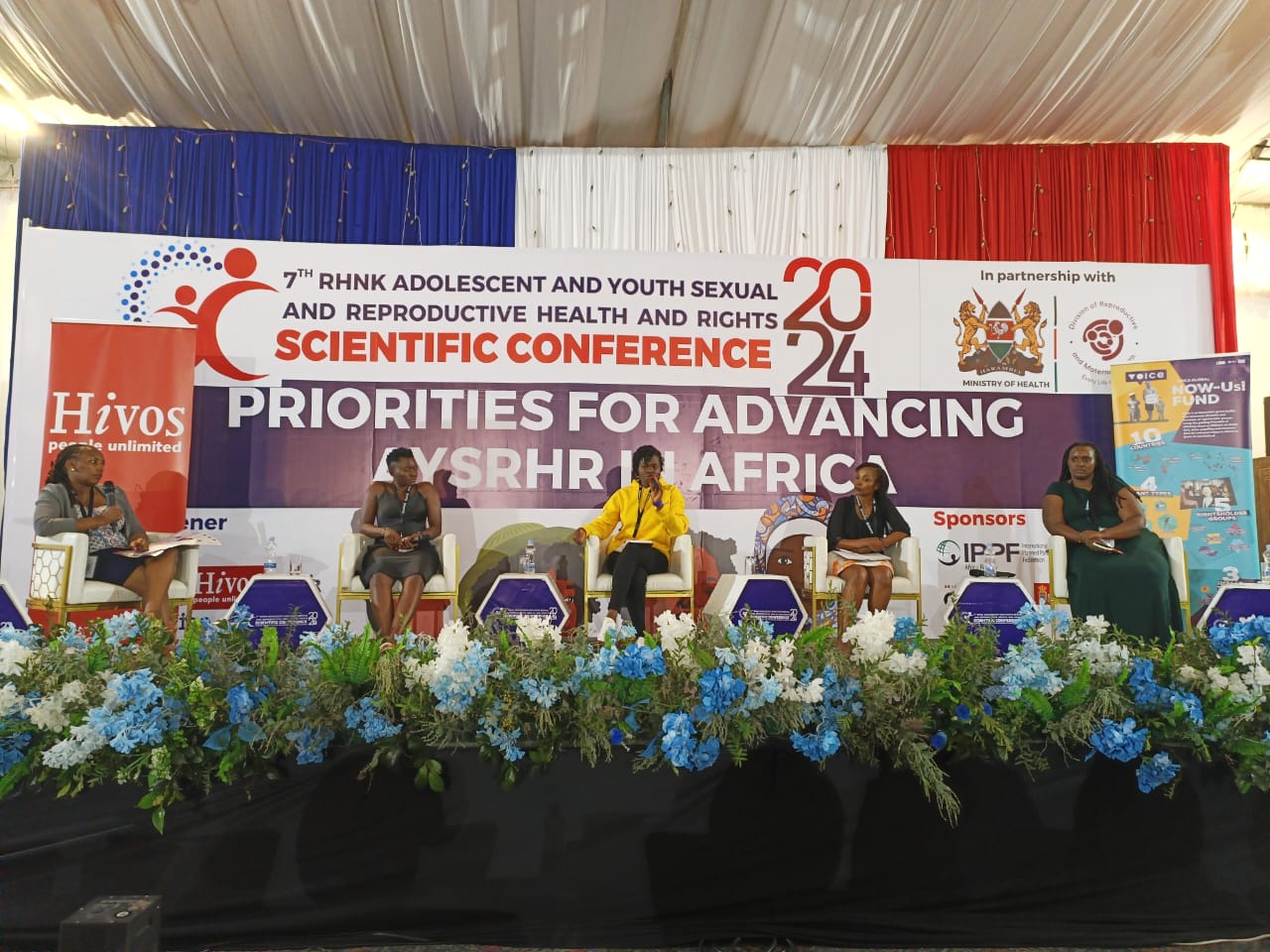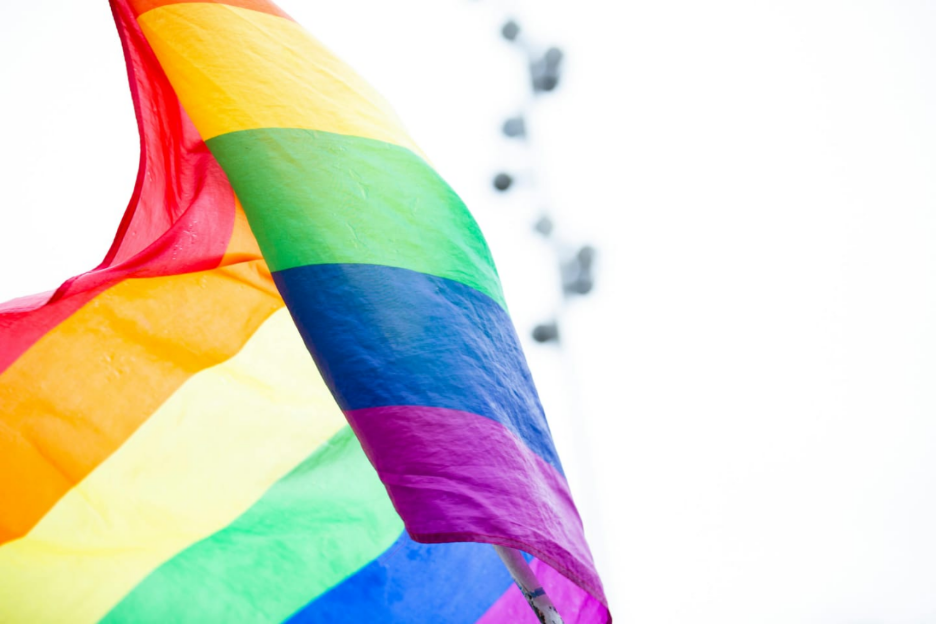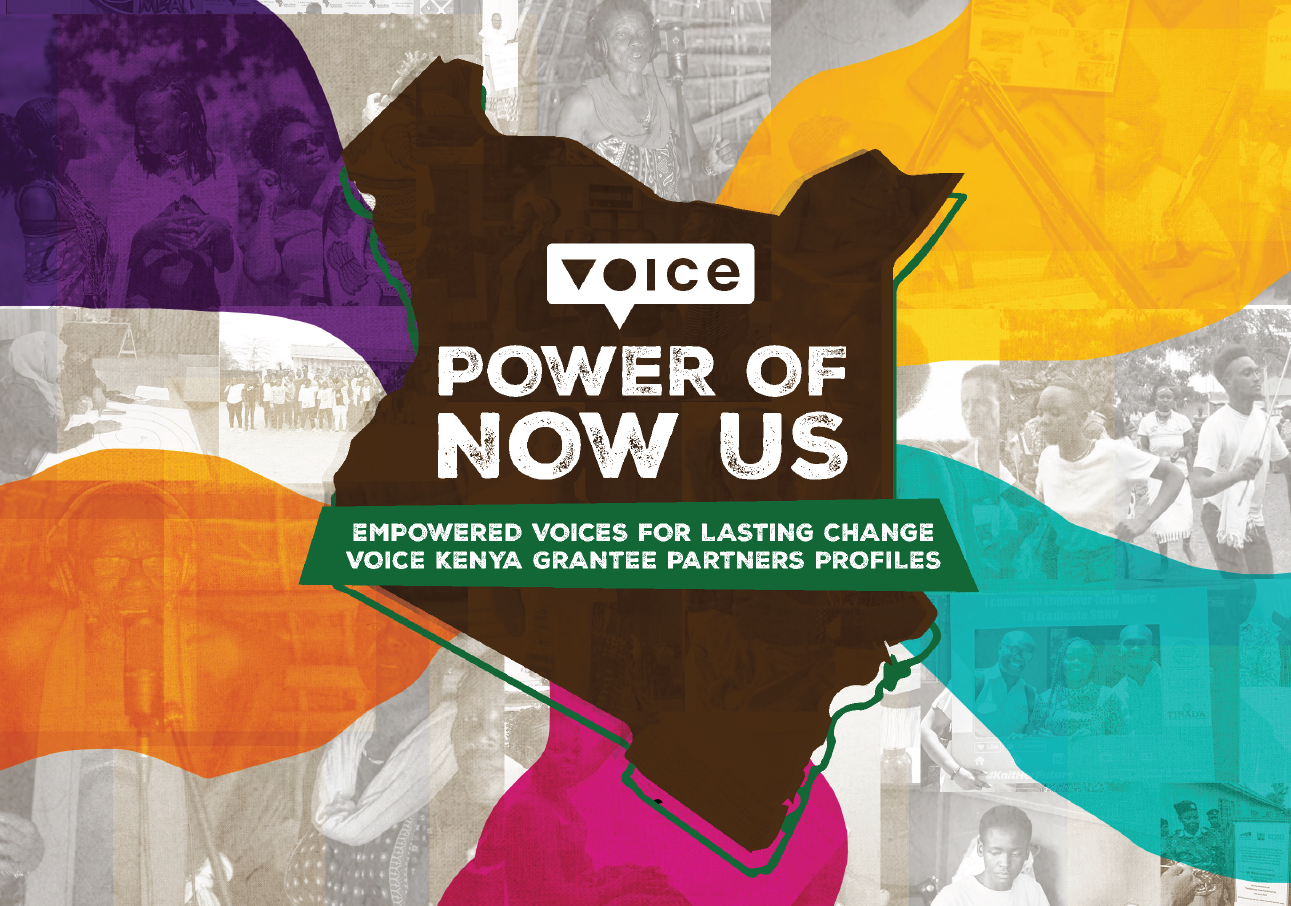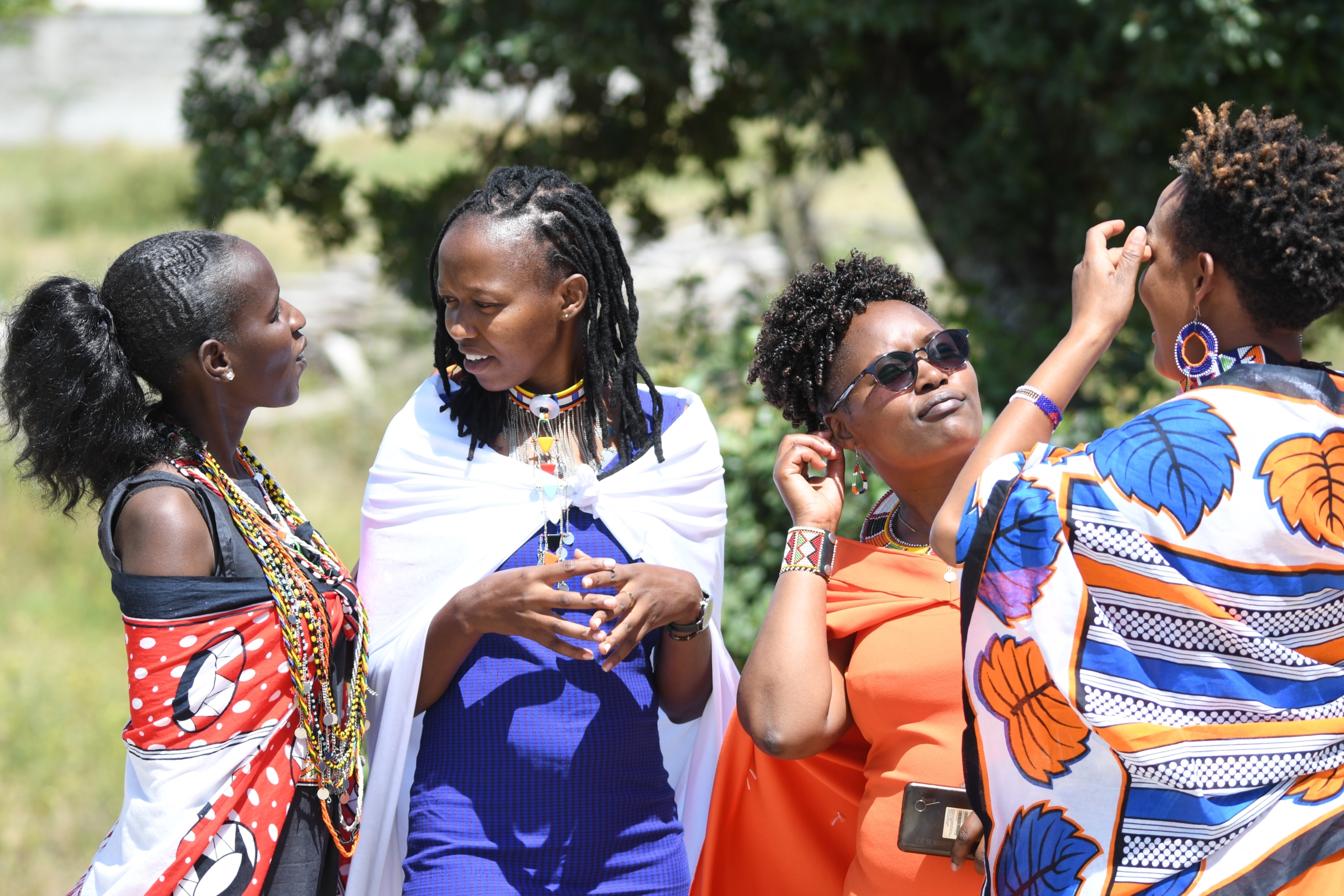The Future is Female, Equitable… and DigitALL!
by Mengo, Linking, Learning, and Amplifier Officer, Voice in Kenya
Women, supporters of women and allies came together on 8th March 2023 to mark and celebrate the 111th ‘International Women’s Day’ Various organisations, groups, movements, and collectives convened, marched, launched initiatives, reported achievements, made press releases etc. There was no limit to how one chose to mark a day that internationally recognises and celebrates the work that women have done over the years while still acknowledging that there still exist gaps that impede women’s full enjoyment of human rights.
On invitation by Defender’s Coalition, this year’s celebrations found me in Nairobi, Kenya, amongst tens and tens of women human rights defenders (WHRDs) from all walks of life possible. Nothing prepared me for the mindsets and attitudes in one room united by the same goal and objective: advocating for women’s human rights by WHRDs. The focus areas for the WHRDs in the room ranged from sexual reproductive health rights, LGBTIQ rights, property (land) rights, children’s rights, political and civic participation of women etc., and it was refreshing to listen to them introduce themselves with so much pride, commitment and enthusiasm in their work.
The theme for this three-day convening revolved around how we (taking responsibility here) can take advantage of digital spaces and also make digital spaces safer for WHRDs with the tools around and within us. While we acknowledge that technology has presented us with endless opportunities for creating, connecting, reporting and community, it does not escape us; it has also exposed us to threats, danger, bullying, trolling and exploitation. We further acknowledge that women have historically been used as weapons against warring parties or bargaining chips for the benefit of everyone else but themselves. Women are a vulnerable group in events that pose security threats, be it socially, politically or economically, and WHRDs advocating for women’s human rights not only makes sense but the meeting of the various focus areas in the room being looked at from an intersectional and wholesome angle.
The forum saw a blend of learning mediums, from panel discussions, interactive debrief sessions facilitated conversations and peer-to-peer learning. What stood out for me were the panel discussions on the safety, security and well-being of WHRDs in the Digital Age and very well-facilitated sessions on the Legal Framework on Data Protection: Rights and Obligations provided by the Data Protection Act of 2019 and Data Compliance: Priority actions for WHRDs to promote Data Governance in 2023. Let us briefly dive into what stood out for me about these two sessions, shall we?
Safety, Security and Wellbeing of WHRDs in the Digital Age (The Case of Social Media)
Social media platforms are both a blessing and a curse depending on how one uses them. It is one of the most powerful channels of expression in the modern world. Social media platforms for WHRDs can be termed as the gift that keeps giving regarding information dissemination, networking, monitoring and reporting whenever the need arises. Unlike mainstream media, one is at liberty to curate and control the content, audience and community which aligns with your content, remarked one of the panellists, and that is the beauty of it all. It has, in various cases, served as the fastest way to put a point across, mobilise masses to a particular injustice and even engage authorities and different players in cases of violation of human rights. All you need is a hashtag that people can interact with in numbers, and it becomes national and even international news, a case in point recently being #JusticeforChiloba.
In the same breath that social media has had its wins, it has also served as a toxic platform used to traumatise, troll, bully and shame women who express themselves there.
The cardinal rule for us of social media, therefore, is ensuring you are digitally secure and safe as you make use of social media or any other digital spaces;
- Avoid putting personal identifying information on your social media accounts.
- Educate yourself on how you can strengthen your digital accounts
- Make use of the security tools embedded within social media platforms, such as 2 Factor Authentication (2FA)
And how can we, as WHRDs, cope with online violence that may be meted against us even after playing by the safety rule book?
- Document!
- Report!
- Get some Help! and
- Prevent Further Abuse by putting in place mitigating factors.
Data Protection: Rights and Obligations provided by the Data Protection Act of 2019 and Data Compliance: Priority actions for WHRDs to promote Data Governance in 2023
The Constitution of Kenya guarantees the right to privacy as a fundamental right. To give effect to this constitutional right under Article 31(c) and (d), the Data Protection Act 2019 was enacted and came into effect on 25 November 2019. Progress towards implementation started in November 2020 with the appointment of the Data Protection Commissioner and the setting up of the Office of the Data Protection Commissioner. On 15 January 2021, the ICT Cabinet Secretary appointed the Taskforce for the Development of the Data Protection General Regulations, with a term of six months, whose mandate includes the development of the data protection regulations, auditing of the Act, identification of gaps or inconsistencies in the Act, and proposing any new policy or legal and institutional framework that may be needed to implement the Act, as well as other tasks related to the full implementation of the Act.[1]
It was refreshing to explore how the Act has aided in protecting personal data in Kenya. This is the Human Rights Defender (HRD) space is a big win. HRDs, and especially WHRDs, run a higher risk of having their data exposed by malicious parties when they whistle-blow injustices, and corruption cases hence putting their lives and those of their loved ones in danger.
In a nutshell
The forum was one of a kind, with even a section on collective debriefs to check in on the mental health and self-awareness of the WHRDs in the room. The cherry on the cake was the #Ni Mama network launch, a collective of WHRDs meant to empower women who defend human rights in their respective communities.
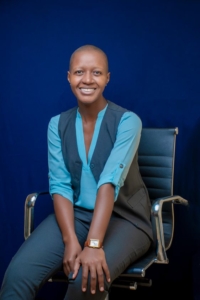
So, to all the women human rights defenders out there;
Sisi hatutaki kudhulumiwa
Hatutaki tena mauaji
Ili kupe tuliangushe
Haki na Uhuru Zichanue
This is a ‘mapambano’ song, to mean the anthem of the liberation struggle after the flag independence. It is done by the ‘Kenya Tuitakayo’ movement and is meant to create solidarity among Kenyans advocating for human rights and justice friendly Nation. This verse loosely translates to:
We do not want to be violated/abused
We do not want killings anymore
So that we crush the tick
Justice and Freedom blossom
[1] https://www.dataguidance.com/notes/kenya-data-protection-overview; accessed on 15.03.2023

